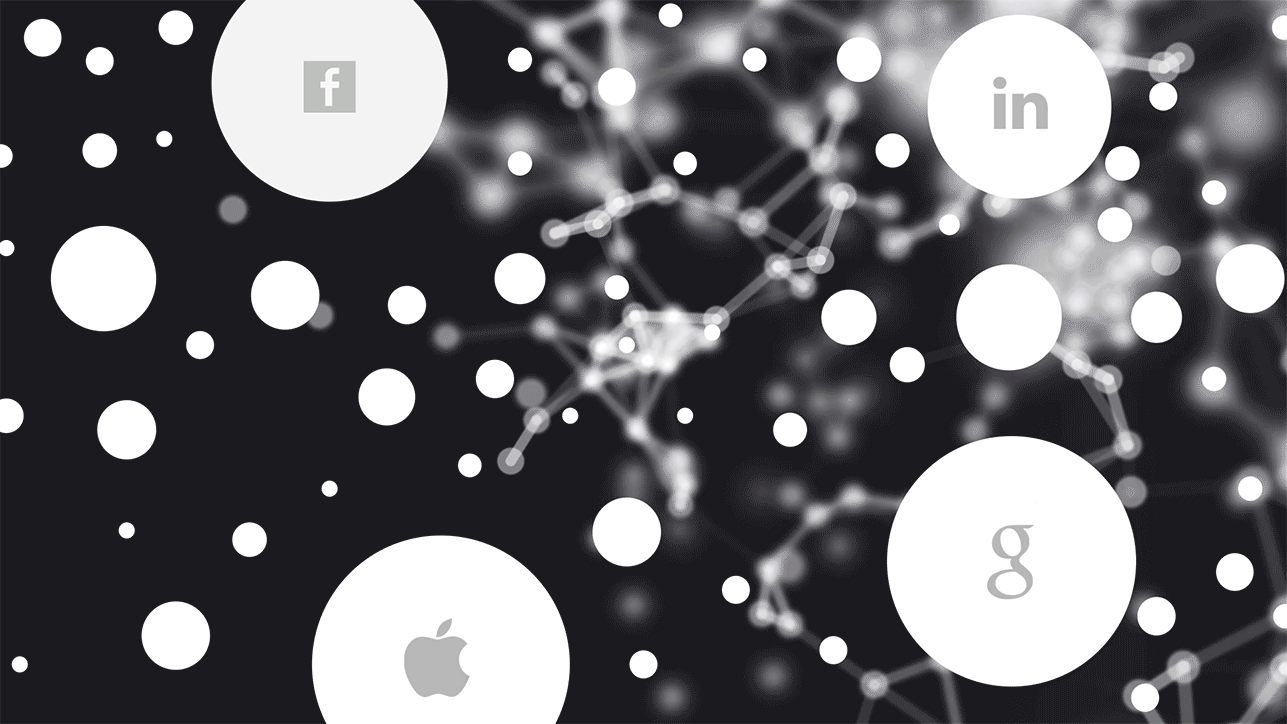Video: Can we save the open web?
Video: Can we save the open web?
In March, I did a presentation at SxSW that asked the audience a question I've been thinking about a lot lately: "Can we save the open web?".
The web is centralizing around a handful of large companies that control what we see, limit creative freedom, and capture a lot of information about us. I worry that we risk losing the serendipity, creativity and decentralization that made the open web great.

While there are no easy answers to this question, the presentation started a good discussion about the future of the open web, the role of algorithms in society, and how we might be able to take back control of our personal information.
I'm going to use my blog to continue the conversation about the open web, since it impacts the future of Drupal. I'm including the video and slides (PDF, 76 MB) of my SxSW presentation below, as well as an overview of what I discussed.
Here are the key ideas I discussed in my presentation, along with a few questions to discuss in the comments.
Idea 1: An FDA-like organization to provide oversight for algorithms. While an "FDA" in and of itself may not be the most ideal solution, algorithms are nearly everywhere in society and are beginning to impact life-or-death decisions. I gave the example of an algorithm for a self-driving car having to decide whether to save the driver or hit a pedestrian crossing the street. There are many other life-or-death examples of how unregulated technology could impact people in the future, and I believe this is an issue we need to begin thinking about now. What do you suggest we do to make the use of algorithms fair and trustworthy?
Idea 2: Open standards that will allow for information-sharing across sites and applications. Closed platforms like Facebook and Google are winning because they're able to deliver a superior user experience driven by massive amounts of data and compute power. For the vast majority of people, ease-of-use will trump most concerns around privacy and control. I believe we need to create a set of open standards that enable drastically better information-sharing and integration between websites and applications so independent websites can offer user experiences that meet or exceeds that of the large platforms. How can the Drupal community help solve this problem?
Idea 3: A personal information broker that allows people more control over their data. In the past, I've written about the idea for a personal information broker that will give people control over how, where and for how long their data is used, across every single interaction on the web. This is no small feat. An audience member asked an interesting question about who will build this personal information broker – whether it will be a private company, a government, an NGO, or a non-profit organization? I'm not really sure I have the answer, but I am optimistic that we can figure that out. I wish I had the resources to build this myself as I believe this will be a critical building block for the web. What do you think is the best way forward?
Ultimately, we should be building the web that we want to use, and that we want our children to be using for decades to come. It's time to start to rethink the foundations, before it's too late. If we can move any of these ideas forward in a meaningful way, they will impact billions of people, and billions more in the future.
—